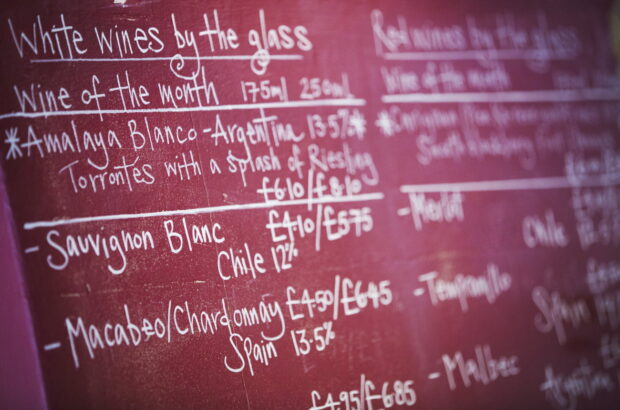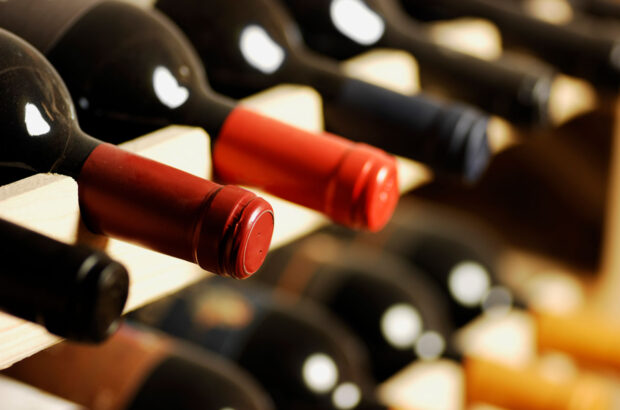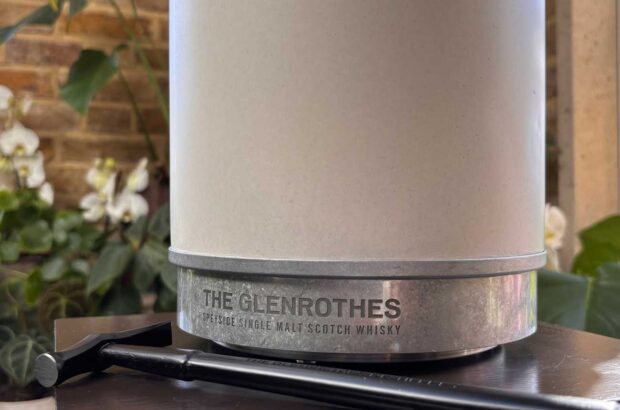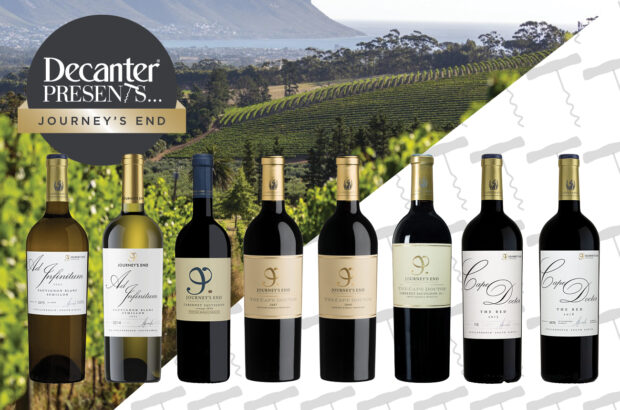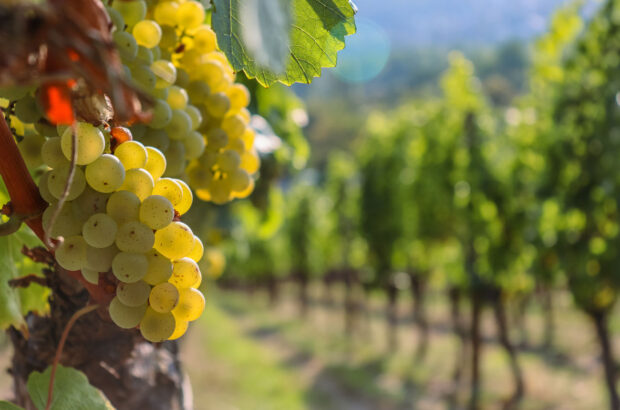‘The goal is to extract just enough but not too much.’
Red wines get their colour and tannin from the extraction process, which happens for as long as the juice is in contact with other grape material – skins, pips and stems, for instance.
‘Extraction is a crucial part of the winemaking process,’ says Matt Walls, Decanter’s Rhône expert.
‘Essentially it refers to the drawing out of flavour, tannin and colour from grape skins before, during and after the fermentation process. The goal is to extract just enough but not too much.’
How does over-extraction happen?
‘In most red wine production the grapes are firstly crushed, and then as the juice ferments, grape solids, skins, pips and perhaps stems rise to the surface to produce the ‘cap’, which floats on top,’ says Walls.
‘The cap needs to be kept wet to avoid wine spoilage. Often this is achieved by plunging it down (‘pigeage’) or pumping the fermenting juice back over it (‘remontage’). These methods encourage the extraction of phenolics – although alcohol levels and temperature also play a part.’
Over-extraction can also occur if press wine is included. ‘Press too hard and you extract harsh, bitter flavour and textural components from the remaining juice and skins,’ said Walls.
Grapes with particularly thick skins and ripe tannins are more at risk of being over-extracted.
For example, the 2010 vintage in Bordeaux was admired for the thick-skinned, deeply coloured, ripe grapes it produced: ‘The skins [were] very thick, which is a good thing…but all savvy winemakers will be extra-careful about over-extraction,‘ merchant Jeffrey Davies told Decanter.com at the time.
What is the problem with over-extracted wine?
There was a time when extraction was pushed to its limits by some winemakers in order to maximise flavour, colour and structure in order to appeal to the ‘American palate’. In the last decade or so, this method has fallen out of favour and producers of quality wines tend to now opt for a more elegant approach.
Over-extracted wine can have too much tannin, and this can make the wine astringent and unbalanced.
‘Extract too much and you end up with a dark wine that can feel heavy and overly tannic – over-extracted wines lack liveliness and drinkability,’ explains Walls.
Avoiding over-extraction
Many winemakers now utilise a cold soak before fermentation to allow colour and flavour to be absorbed into the juice but with reduced tannin takeup.



